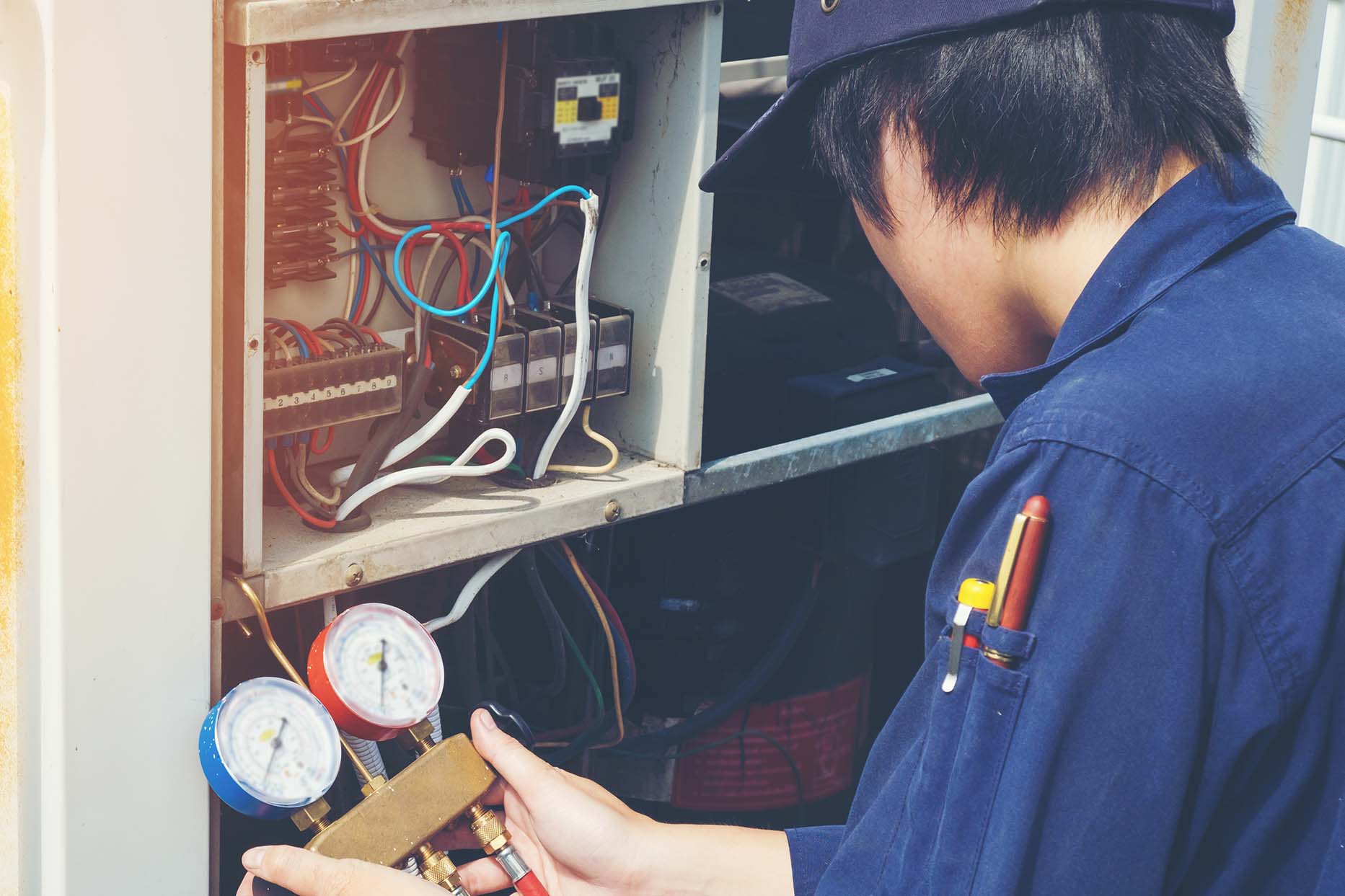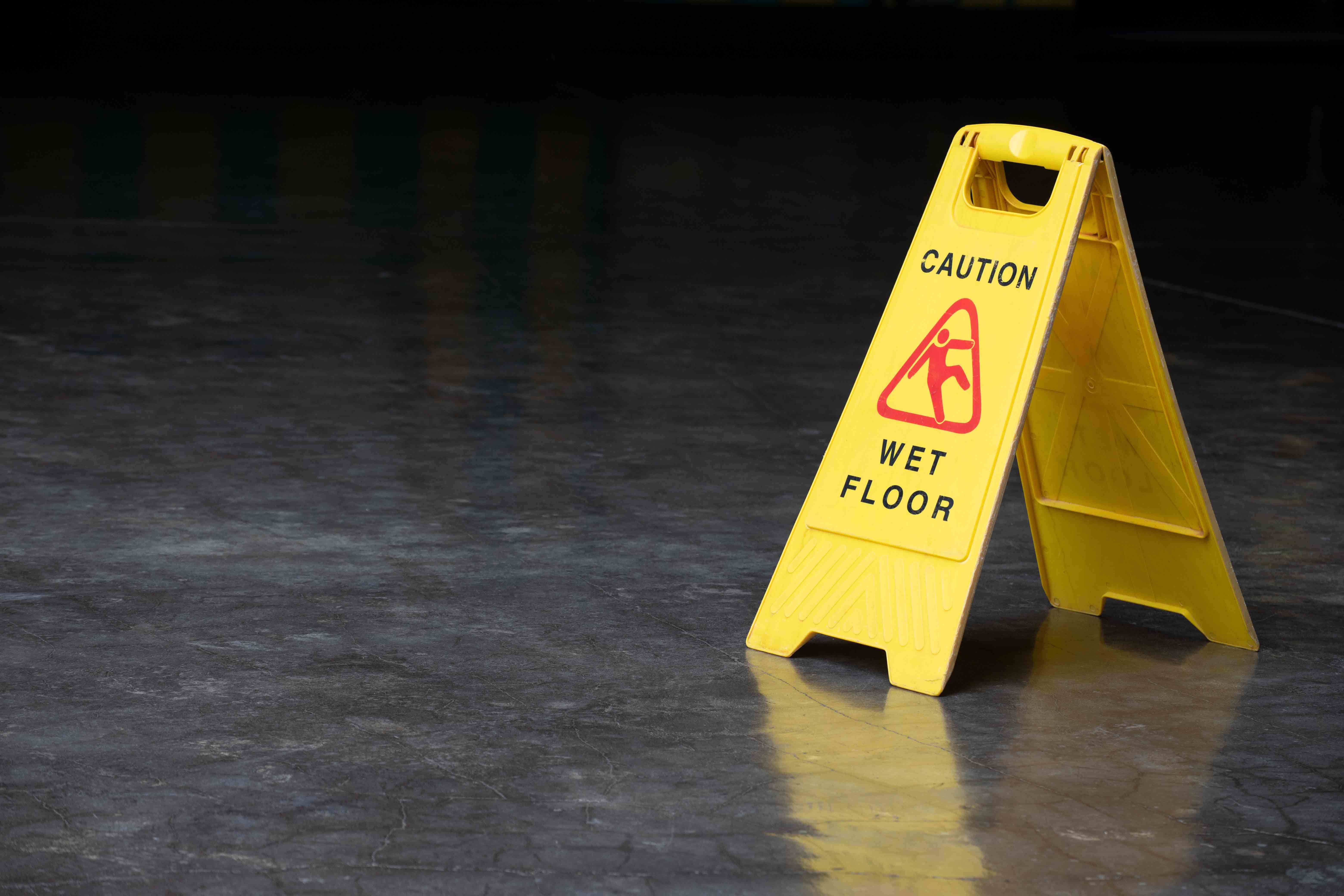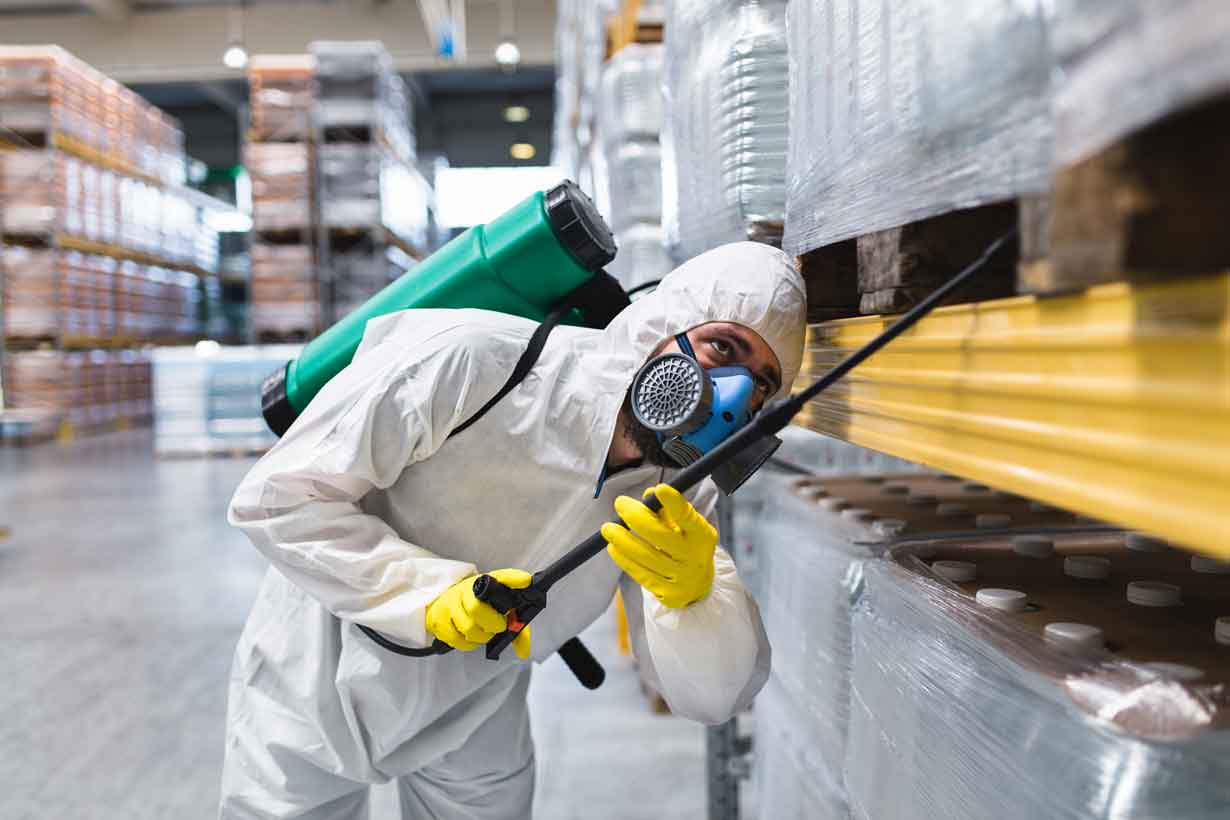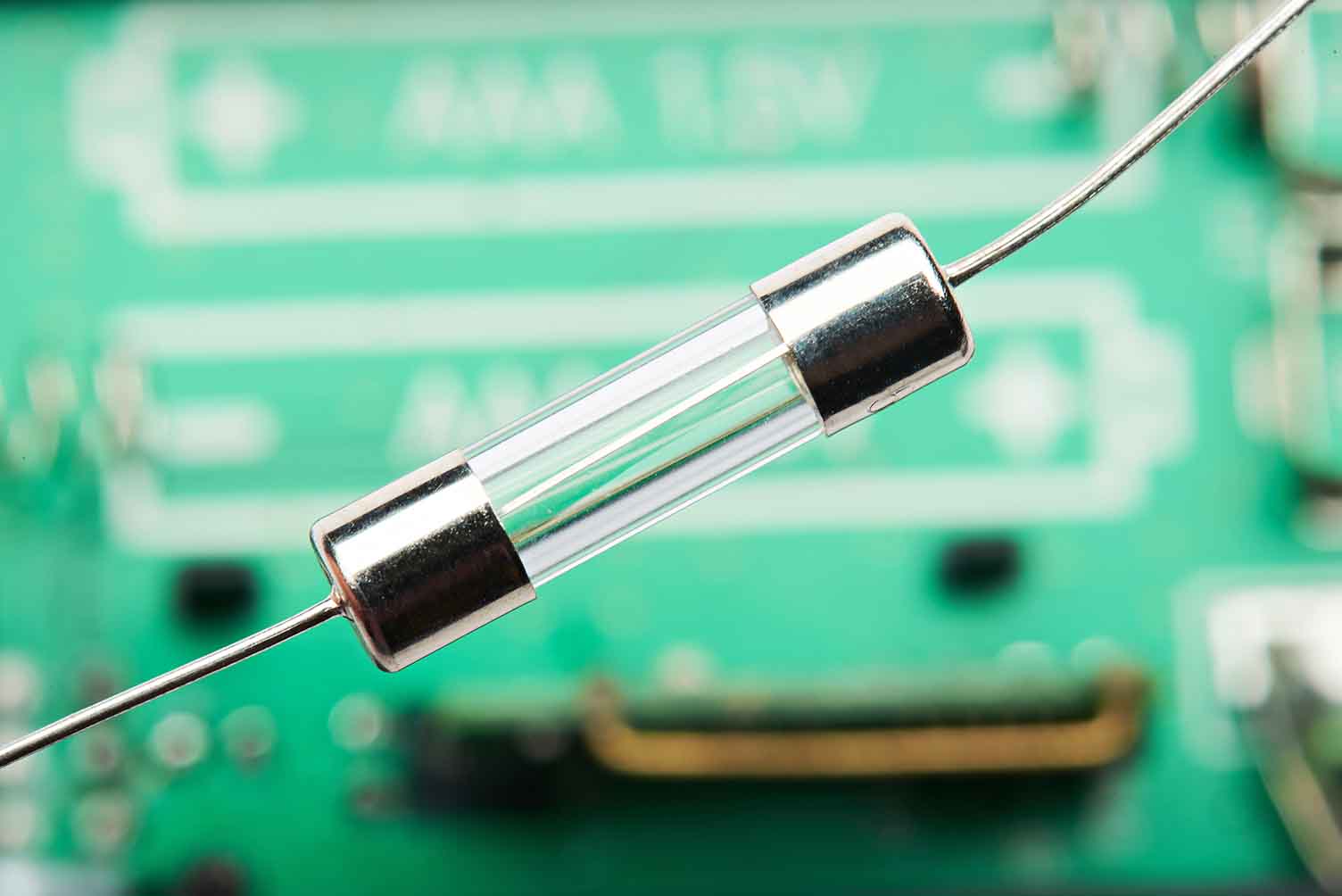

5 HVAC Emergencies And How to Avoid Them
By Grainger Editorial Staff 8/19/25
Learn how to identify and prevent common HVAC issues—like refrigerant leaks, clogged lines, ventilation blockages, electrical failures, and gas leaks—to keep your facility safe and systems running efficiently. Regular inspections and maintenance are key to avoiding costly downtime.
Do you suspect that your building may be having heating or ventilation problems? Whether you are experiencing issues now or are working on HVAC emergency planning, learning to identify common problems in your HVAC system can help you be more proactive to your facility’s climate control needs.
1. Refrigerant Leak
Air conditioning systems use refrigerant to absorb heat and provide your system with cooled air. The refrigerant lines run between the compressor in the outside unit and the evaporator coils in the indoor unit. A leak in this line would cause a loss of refrigerant which could have a negative impact on your system. It will start running more frequently because it isn’t reaching the cooled ambient temperature that would trigger it to stop. This could cause your compressor to overheat or even burn out. Ice buildup on your lines and coils could cause system damage as well.
Signs of a refrigerant leak may include:
- The air coming from the vents isn’t as cool as it should be
- System is overrunning
- Ice buildup on refrigerant lines
- Refrigerant lines are hissing
Routine checks of your coils, refrigerant lines and compressor can help spot a leak before it causes damage to your system and in some cases prevent a leak before it starts. If you suspect a leak, you can use refrigerant leak detection to help identify the source before it worsens.
2. Clogged Lines
Air conditioning units include drain lines to remove water from the evaporator coil. Water can accumulate from the condensation that occurs naturally by the air conditioning process. Sometimes these drain lines can become clogged or blocked, which can cause a water backup into or around your system. A backup could mean serious water damage, especially if the clog goes unchecked for a long time. This isn’t just water damage to your system, but water damage to your building as well.
Signs of a clogged drain line may include:
- Water leaking from the indoor unit
- Dampness in the air
- Mold or rust on or near the unit
Inspect your drain pan and the area around your indoor unit on a monthly basis. Annual flushing of the drain may help prevent clogs before they begin and help keep your system running properly.
3. Ventilation Problems
Common ventilation problems are often found in the air ducts. Items creating blockages in your facility’s ductwork will prevent your heated or cooled air from distributing properly throughout the building. Causes of blockages in ducts include loose or fallen insulation and dirt, or dirty coils and filters. Ducts can also become damaged and leak conditioned air, making the system less effective overall. It is also possible for your vents to become blocked. Blockages are often caused by a piece of furniture or equipment being placed on or in front of the vent, though it is possible for debris to get stuck in the vents and cause an obstruction as well.
Signs of duct problems may include:
- Uneven temperatures throughout your facility
- Unit running more than usual
- Lower overall indoor air quality
Before turning on your system, check your vent locations to make sure they are clear of obstructions. You can also remove the vent covers and perform preventive visual checks of your duct system to ensure it is clear of debris.
4. Electrical Problems
If your system is not running, it could be that there is an interruption in the electrical system somewhere. The first place to check is always your breaker; it’s very possible your unit has blown a fuse. Contactors are also a frequent culprit for electrical problems. Sometimes the contactor may stick, keeping the unit running. Contactors can also become worn, which can prevent electrical connections from being made and the current from making its full circuit.
Signs of an electrical problem may include:
- System not turning on
- System running continuously
- Burning smell
Routine maintenance of your electrical components can help prevent electrical problems. It’s important to regularly maintain your system by changing out worn parts and frayed or damaged wires.
5. Gas Leak
Of all heating problems, a gas leak can be the most dangerous. If your heating system runs on natural gas, you can be at risk for a gas leak. Leaks are usually caused by a crack or a break in the gas line. These should always be taken seriously and fixed immediately; gas leaks can and do cause explosions.
Signs of a gas leak may include:
- Smell of gas or rotten eggs
Professional HVAC contractors should offer inspections that include checking your gas lines for potential hazards. Heading off a leak before it starts is the best measure of safety and success.
Preventive HVAC Maintenance
Inspect your system annually, during the off-season if possible, to make sure it is in its best running condition. Fixing heating problems or ventilation problems when the system is not in use can enable you to make any necessary upgrades without causing an interruption in your facility’s climate-control needs.
Preventive maintenance can help the system achieve maximum efficiency, as well as help you avoid replacing your HVAC system before it's necessary.
For more information about HVAC emergency prevention and services visit Grainger's Facility Services.

Safety Management
6 Tips to Help Prevent Slips, Trips and Falls
Identify the fall hazards in your workplace and implement a fall safety program. Check out these tips from Grainger so you can mitigate risk.
![]() Our Latest KnowHow
Our Latest KnowHow

Facility Pest Control: How IPM Helps Safely Manage Insects
Discover safe, compliant pest control with IPM. Find tips for insect monitoring, sanitation and safe insecticide use in commercial facilities.
The information contained in this article is intended for general information purposes only and is based on information available as of the initial date of publication. No representation is made that the information or references are complete or remain current. This article is not a substitute for review of current applicable government regulations, industry standards, or other standards specific to your business and/or activities and should not be construed as legal advice or opinion. Readers with specific questions should refer to the applicable standards or consult with an attorney.














